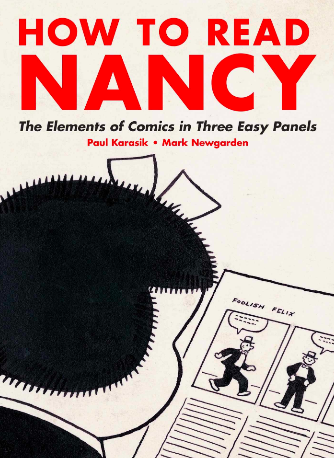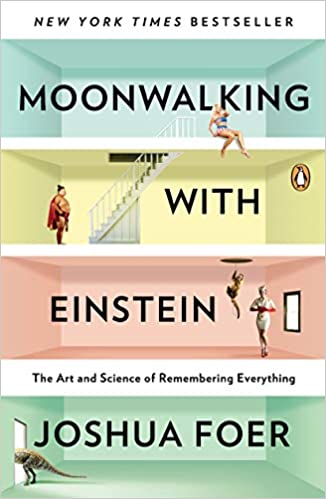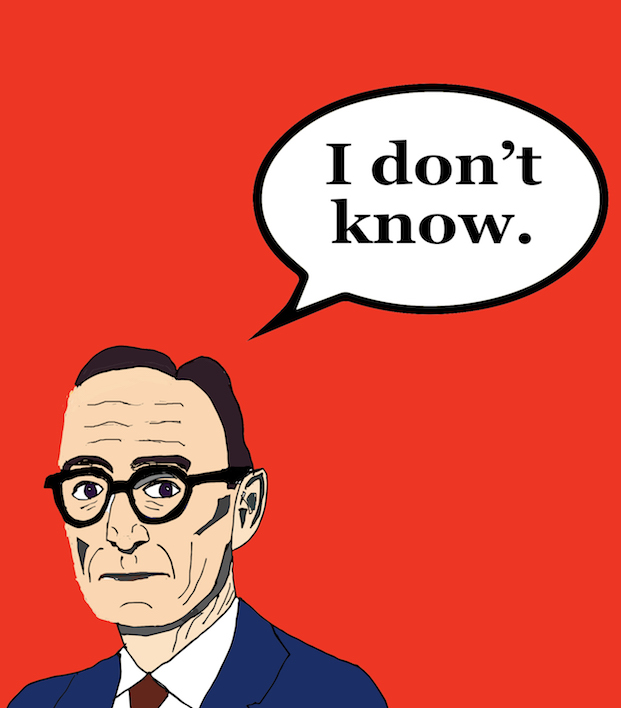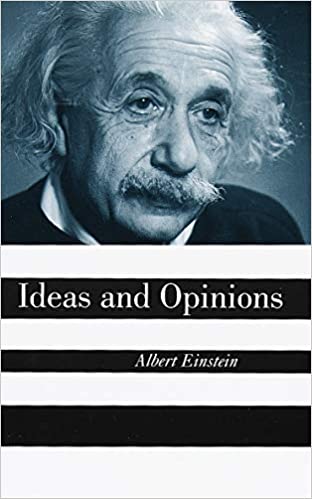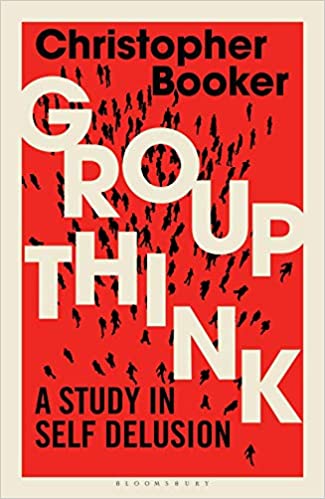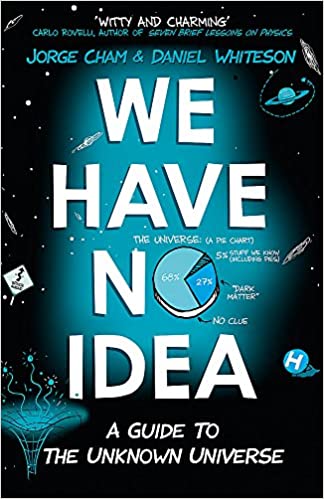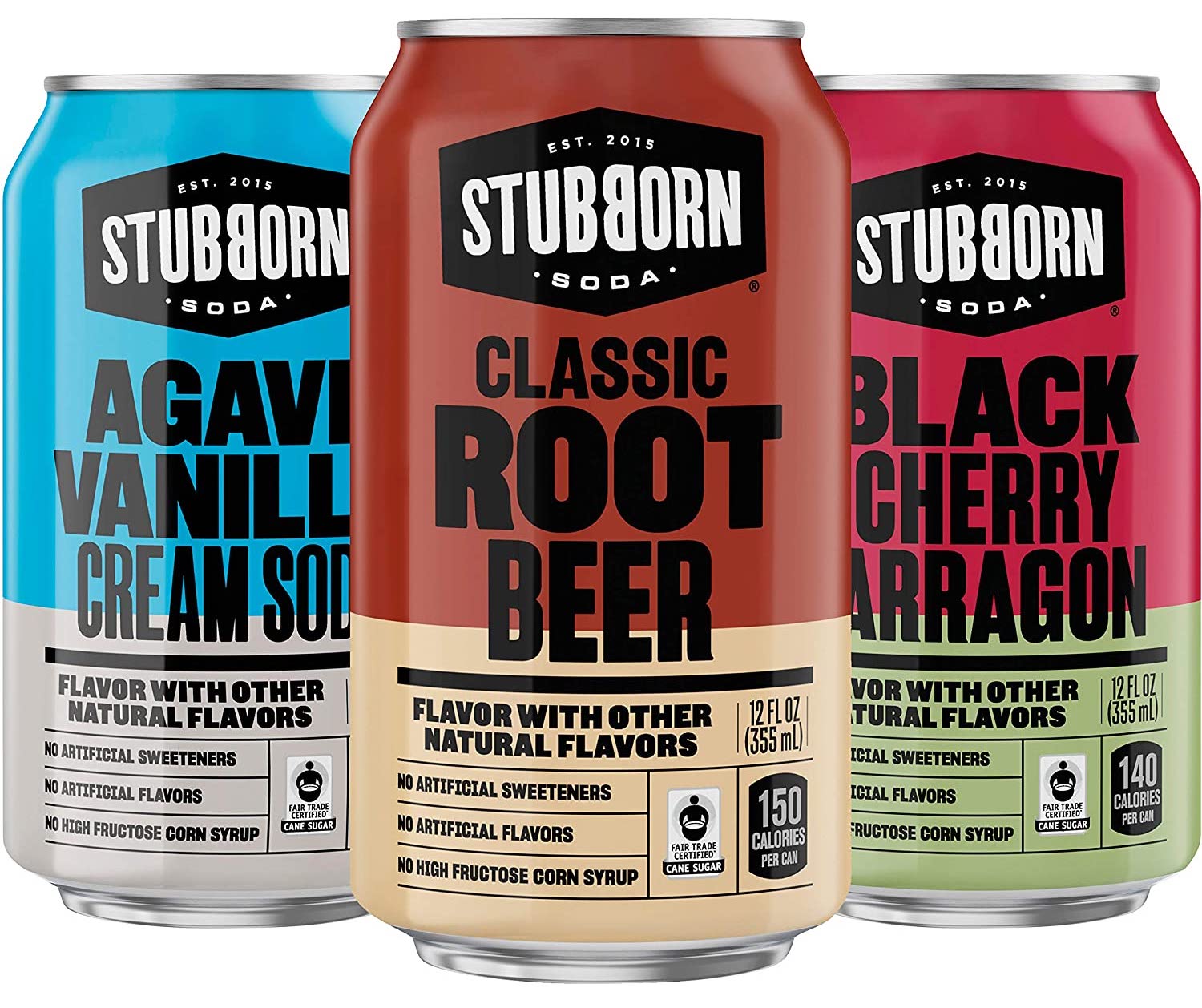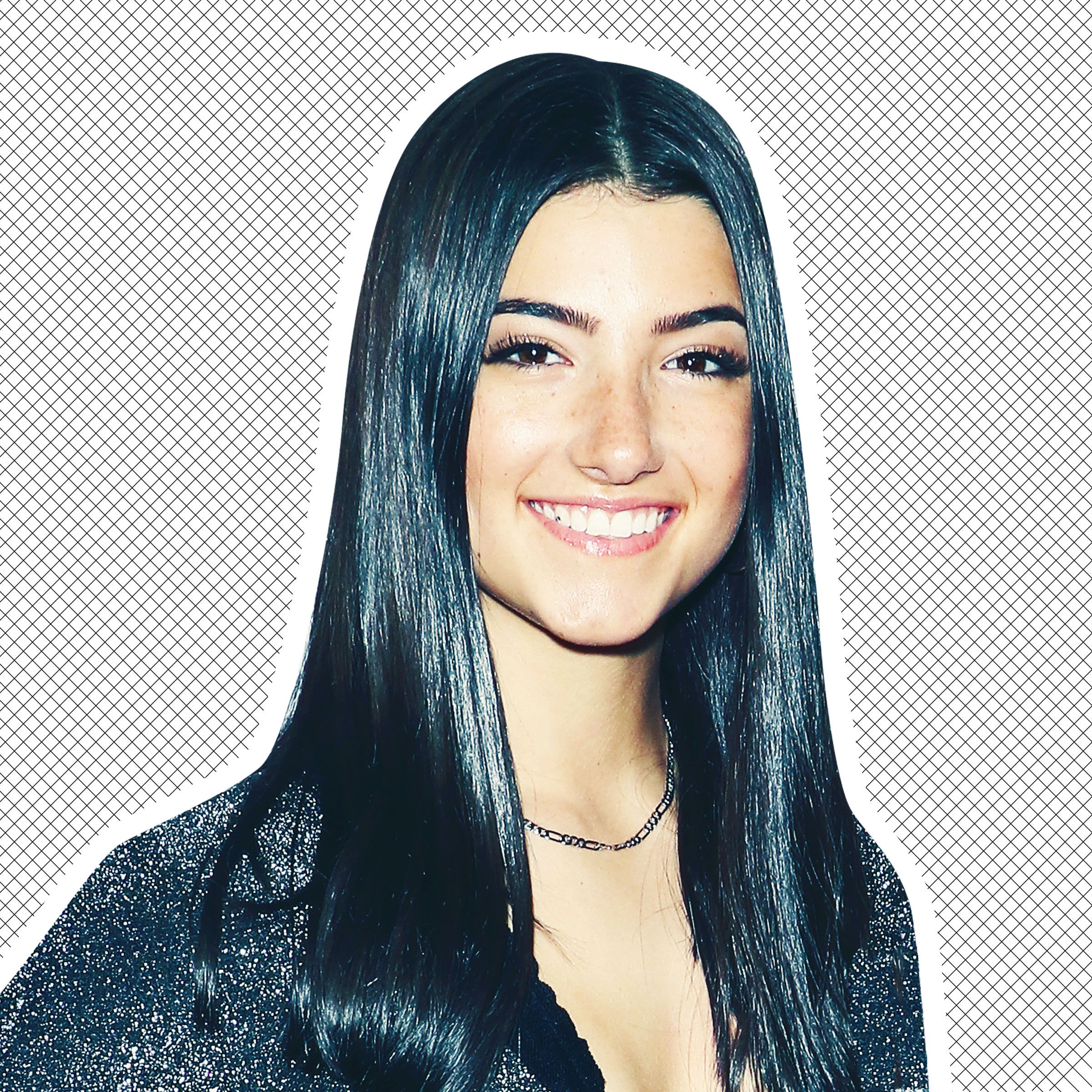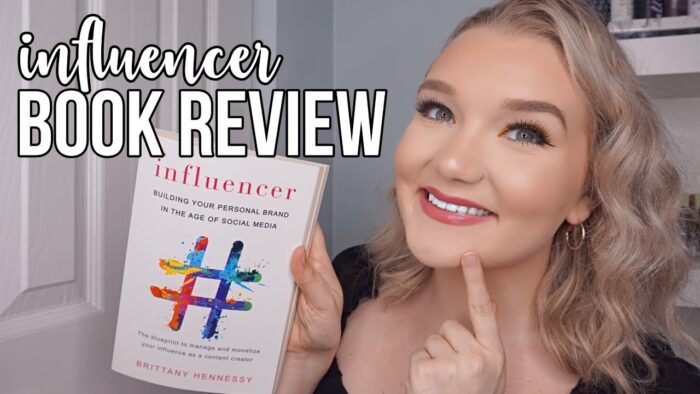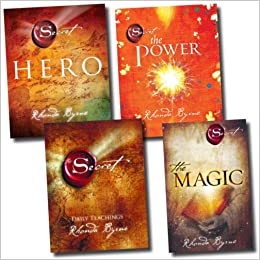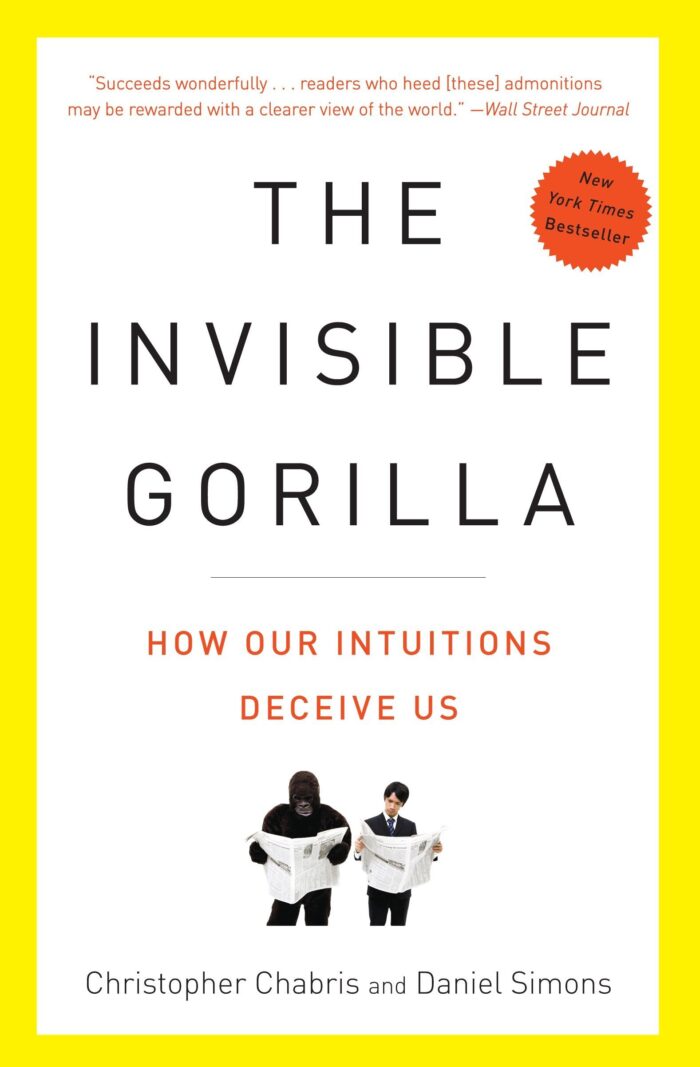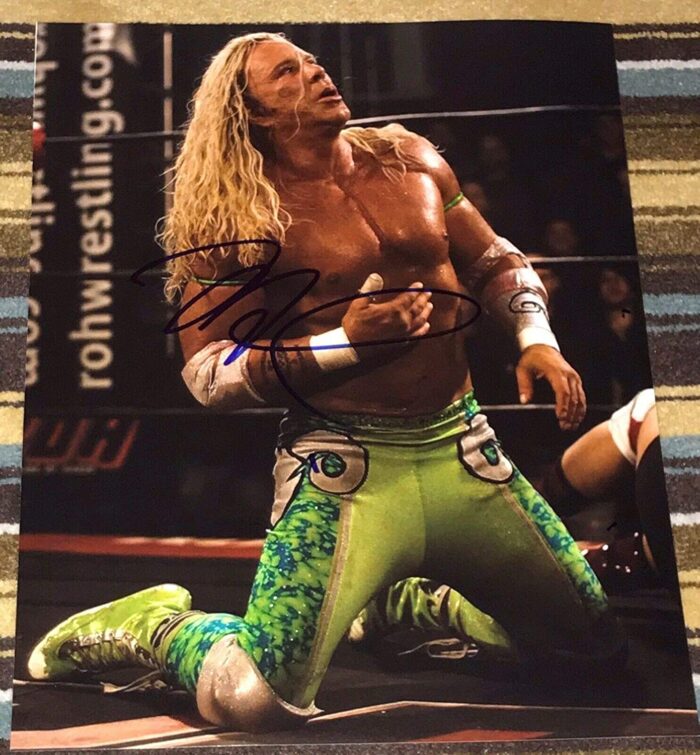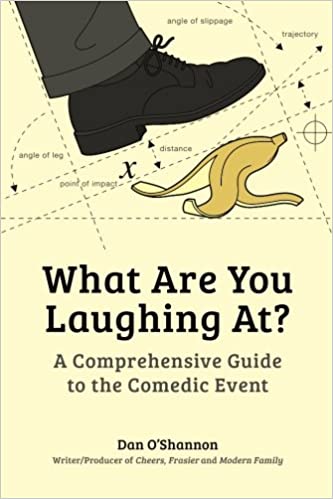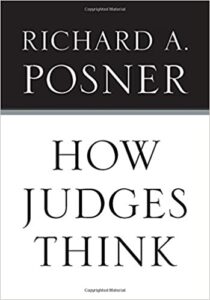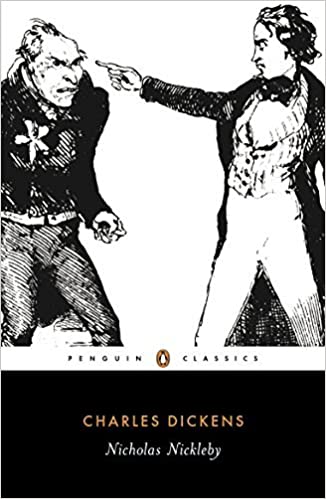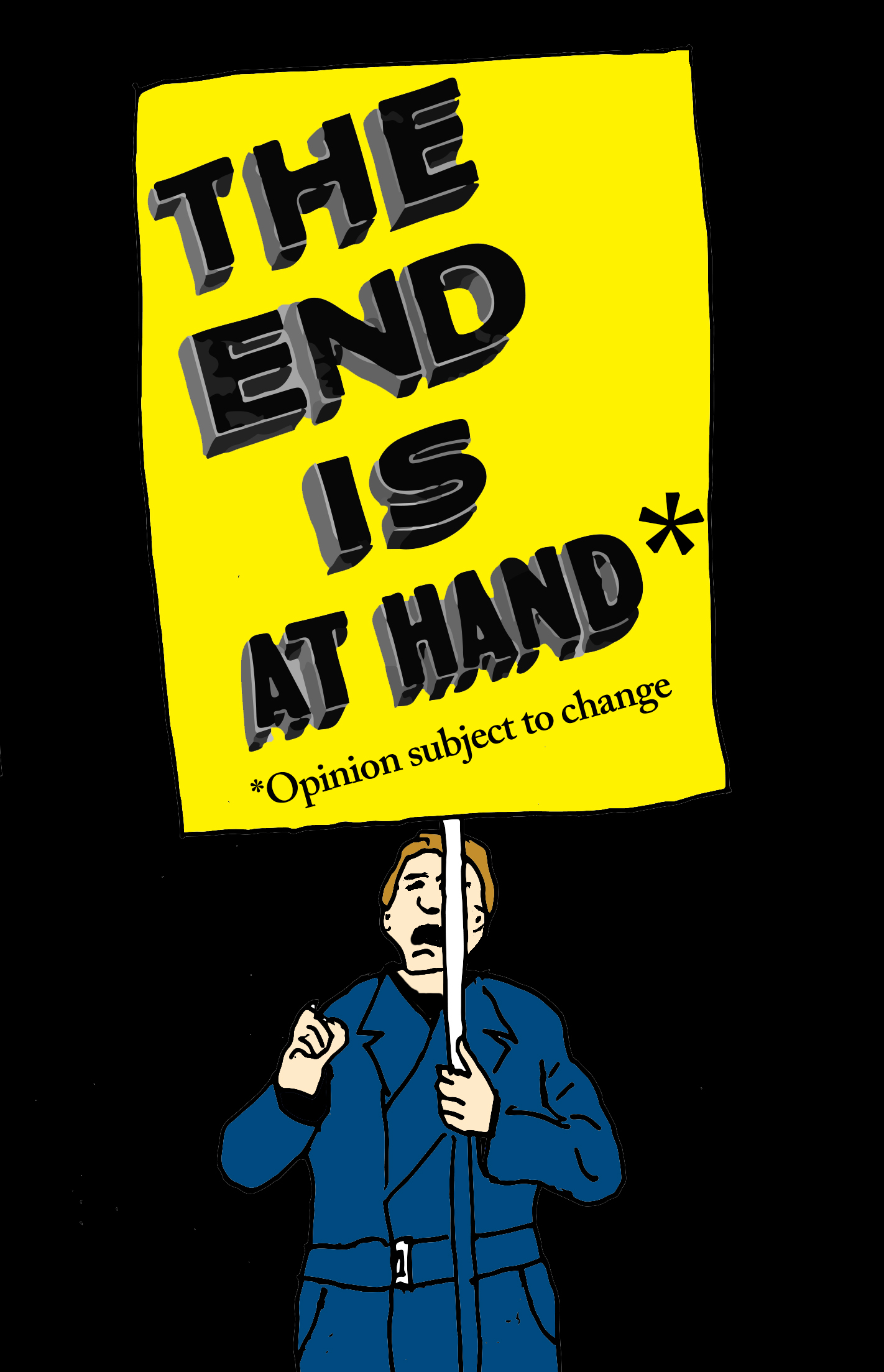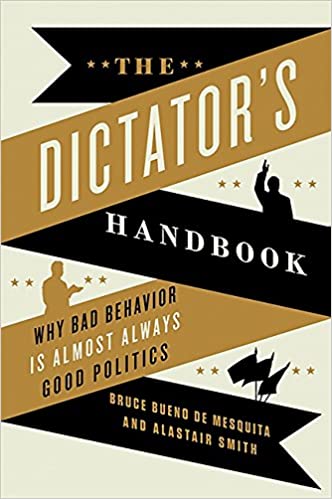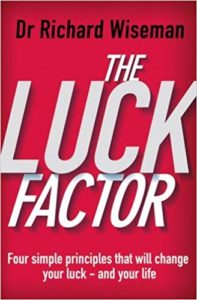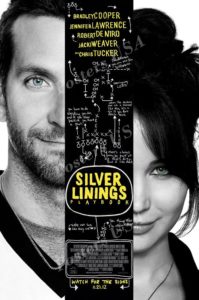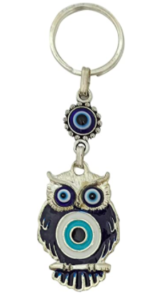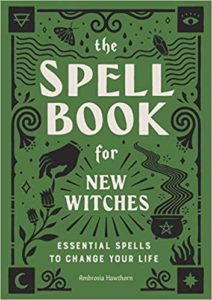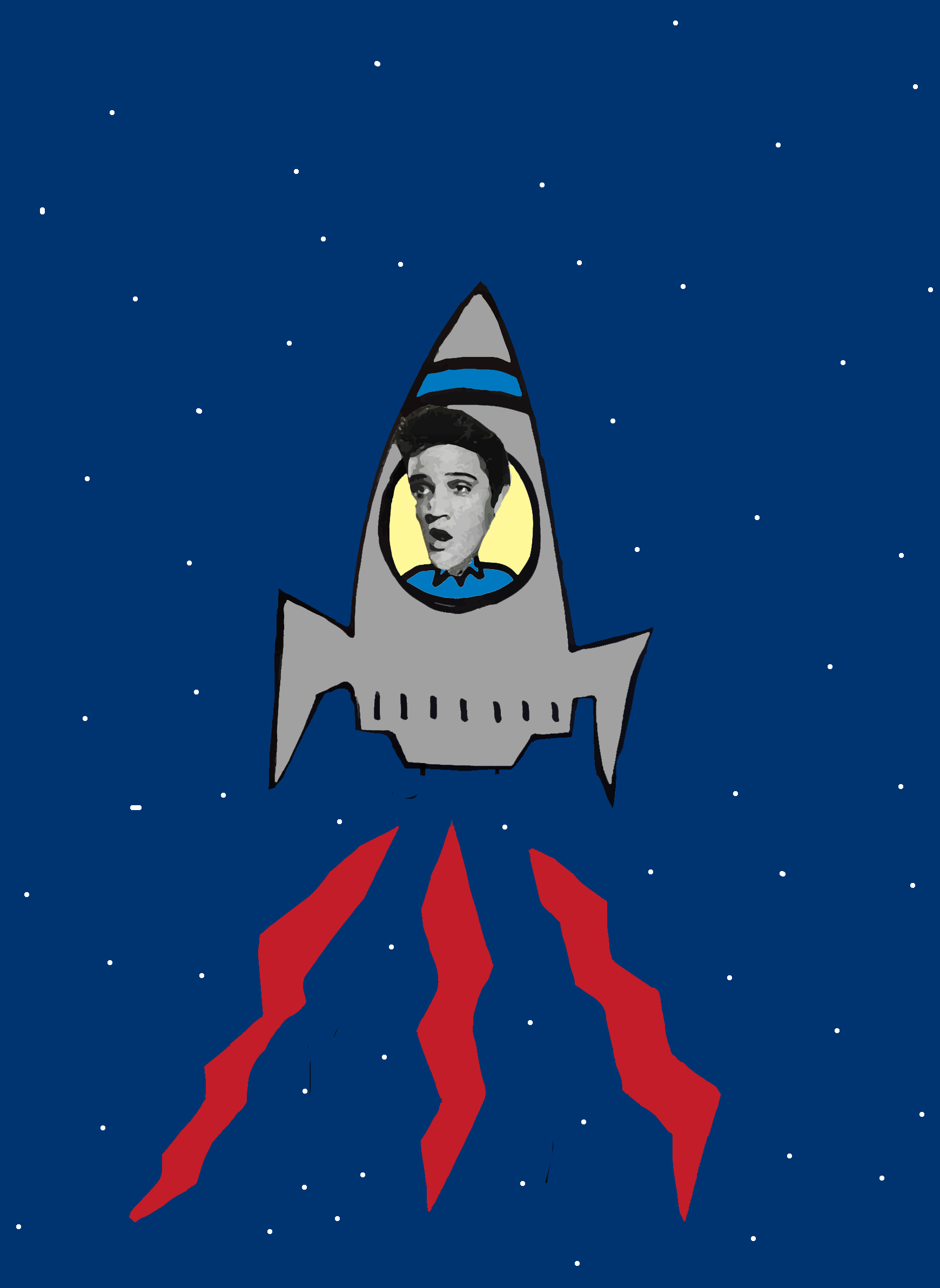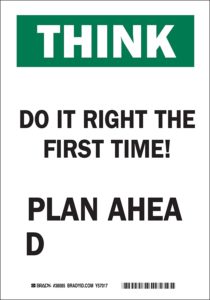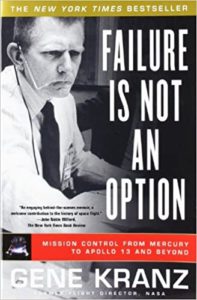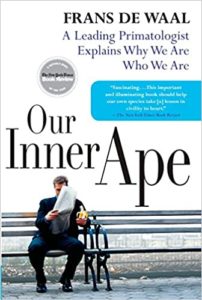Recently, a friend of the SuperOptimist expressed concern that their memory was heading south. “I just finished this great book about New York last week. It’s called…uh…oh, my god, what’s the name of it…this is frightening…I can’t remember anything anymore!”
They proceeded to recount how they had been forgetting the names of movies they’d recently watched, restaurants where they’d just scored takeout, even a good friend’s name who was standing right in front of them. “I keep calling you Nancy when your name is Nicole! Is this what age is doing to me?”
None of us is immune to the effects of getting older, especially on memory. As SuperOptimists, we forget stuff all the time (and are constantly being reminded of it by our well-meaning friends and spouses). But rather than freak out when we call Dave “Don”, or think Millard Fillmore was the 14th president of the United States,* we give ourselves credit for forgetting. Why? Because it’s a sure sign that we are highly intelligent!
Scientists at the University of Toronto have published a study that suggests that the struggle to find the right word, whiff on a name, and blank on a fact are all signs you’re super smart. They posit that forgetfulness is important, as it’s merely the brain making space to take in more crucial information, the kind that helps you make better decisions going forward. Will knowing that Jason Bateman starred as the Mutant in “Mr. Magorium’s Wonder Emporium” help you survive another day on planet earth? Probably not. ** So forget it!
So the next time you have a memory lapse, don’t think you’re “losing it.” Instead, know that you’re simply taking the time to empty out your overloaded brain tank. Besides, worrying about losing one’s memory will only serve to further clog your pipes and have you flailing about for your next sentence.
To help you, we’ve created this list of the things really worth remembering:
1. Date of birth.
2. Credit card number/expiration date/four digit code.
3. Name of spouse or significant other.
4. Which local pizza establishment serves the best garlic knots.
5. Cleanup hitter for your hometown baseball team.
6. Company you work for and immediate superior at work.
All other information is fine to forget. Of course, if you’re dead set on trying to retain every last detail you’ve ever absorbed, there are certain mind tricks that can make you seem sharp at parties. Why not start with the names of the hosts and their street address?
It’s a great feeling to create more space inside your cranium. So go ahead, enjoy a little memory loss. And remember, you’re all the smarter for it!
*Fillmore was actually the 13th president. Speaking of chief executives, do you know the names of all 46? (Hint: that’s a trick question.)
**However, remembering that a donkey will sink in quicksand but a mule won’t could very well help save your life one day.



